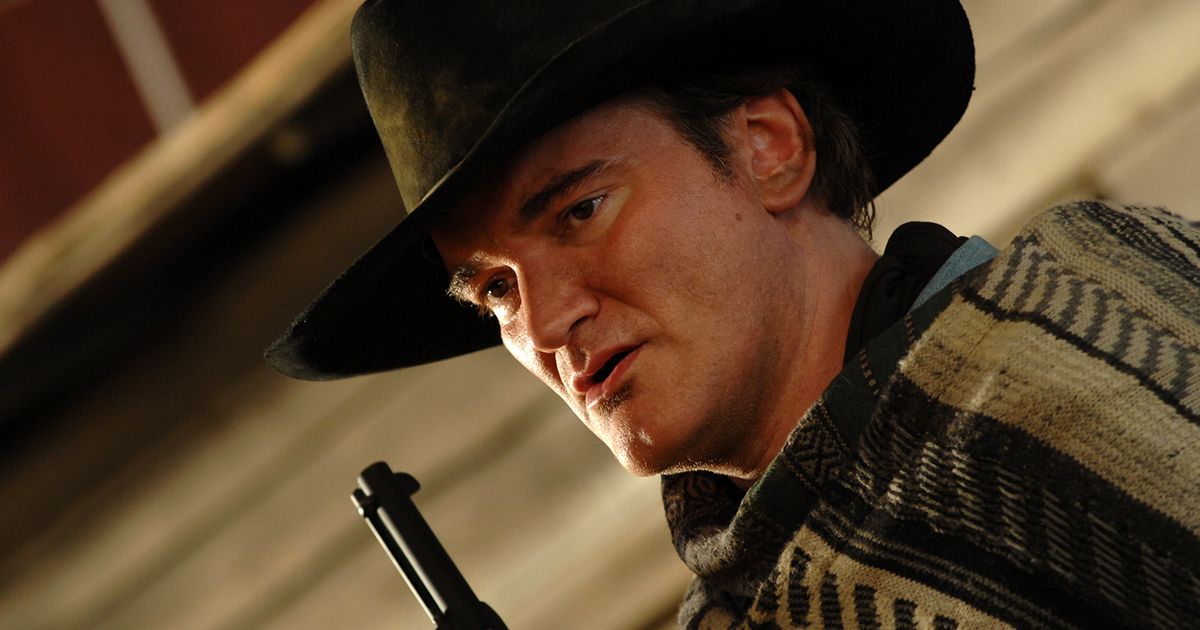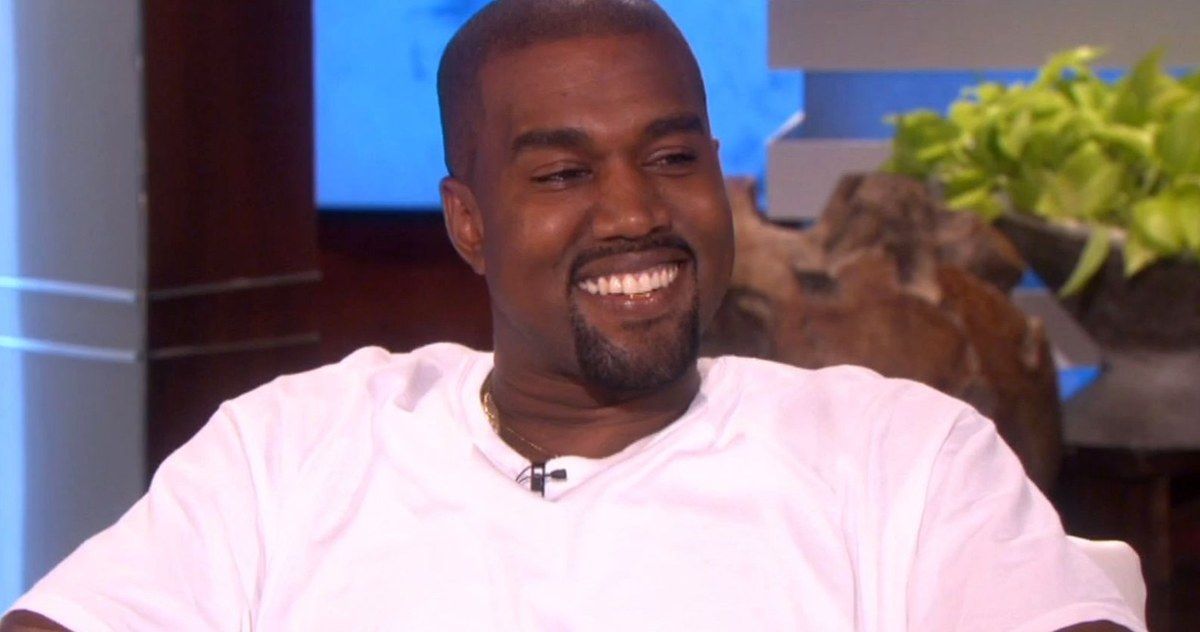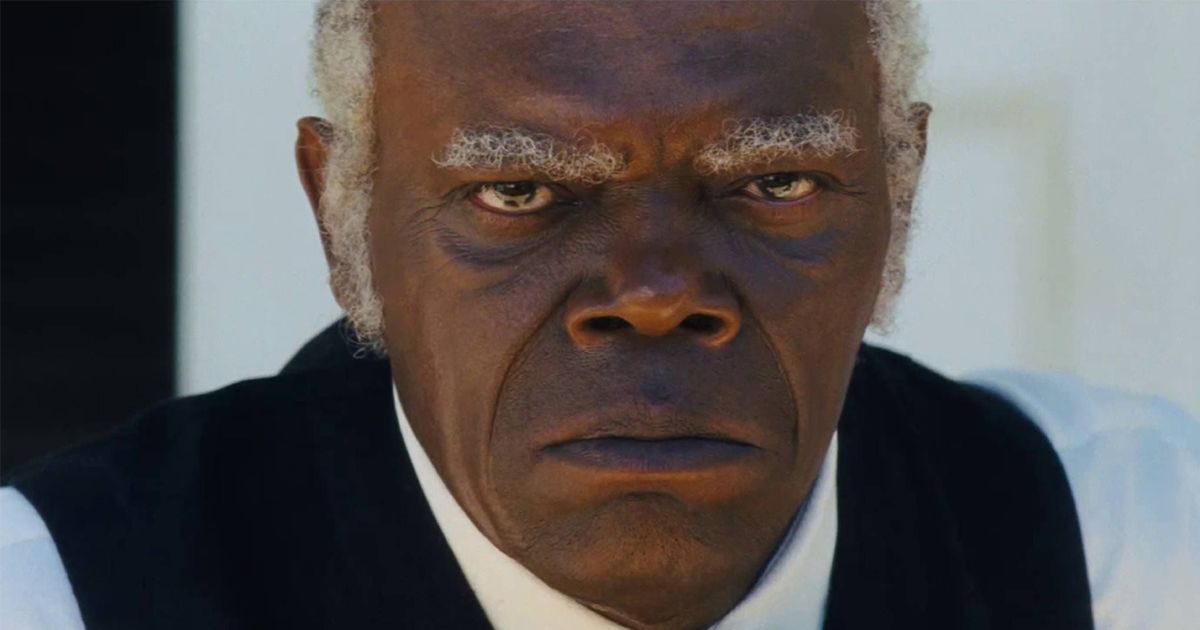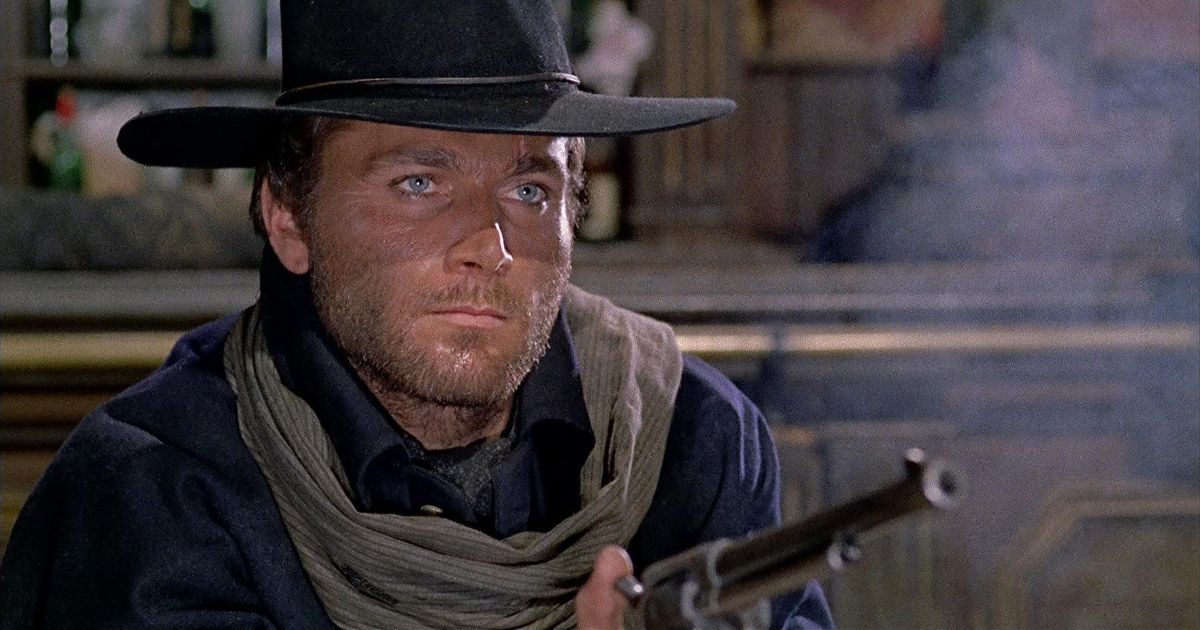Ten years ago, Quentin Tarantino shocked critics and moviegoers with Django Unchained, a racially incendiary film that to this day has not ceased to entertain and offend in equal measure. Originally conceived as an homage to Sergio Corbucci, the Spaghetti Western director who made the original Django (1966), Tarantino’s Django quickly became one of the most subversive and politically controversial Hollywood films of all time. This should come as no surprise as the film’s Spaghetti Western adventure plot concerns an African American slave becoming a bounty hunter and rescuing his wife from the clutches of a despicable cotton plantation owner in the Antebellum South. The political backlash from critics like Spike Lee certainly came as no surprise to its writer-director.
With Corbucci’s signature brutality as his North Star, Tarantino willfully plunged American audiences into the bowels of their nation’s history with a whip-smart script that won him an Oscar for Best Original Screenplay. It also garnered a Best Supporting Actor win for Christoph Waltz for his brilliant turn as a German dentist-turned-bounty hunter, Dr. King Schultz. (Though he could have won for that beard alone.) However, recent headlines have called into question just how “original” the Django Unchained screenplay really is.
In an interview with Pierce Morgan last week, rapper Kanye West (who legally changed his name to “Ye” last year) claimed that he pitched the idea for Django Unchained to Jamie Foxx and Quentin Tarantino back in 2005 while developing the music video for his song, “Gold Digger.” While discussing the larger subject of free speech, West said:
“Tarantino can write a movie about slavery where – actually him and Jamie, they got the idea from me because the idea for Django, I pitched to Jamie Foxx and Quentin Tarantino as the video for ‘Gold Digger.' And then Tarantino turned it into a film.”
Last week, Tarantino responded to West’s claim. The Pulp Fiction director sat down with Jimmy Kimmel to promote the release of Cinema Speculation, Tarantino's first official non-fiction film book of film criticism. When asked by Kimmel about Ye’s claim, Tarantino said:
“There’s no truth to the idea that Kanye West came up with the idea of Django and then he told it to me and I go, ‘Hey, wow, that’s a really great idea, let me take Kanye’s idea and make Django Unchained out of it.’ Okay. That didn’t happen.”
What we’ve got here is a failure to communicate. Two conflicting accounts. So, who is telling the truth here?
West and Tarantino Are Both Controversial
West has been on a rampage of political controversy in the past month after recent antisemitic comments led to a firestorm of bad press and high-profile companies cutting ties with him, like Adidas. Of course, this firestorm is no fluke. The rapper has been stirring things up in American politics for decades.
Like West, Tarantino is no stranger to political controversy. From the onset of his career with Reservoir Dogs (1992), the director has repeatedly been taken to task by journalists on an alleged link between film violence and real-world violence. Most recently, the director came under fire from Shannon Lee, who was unhappy with the portrayal of her father, Bruce Lee, in Tarantino’s film Once Upon a Time in Hollywood (2019).
West Is Not the First to Claim Tarantino Stole the Concept for Django Unchained
Is there validity to West’s recent claim that he pitched the idea for Django Unchained to Jamie Foxx and Quentin Tarantino? And then they stole his idea years later and made a hit movie out of it? Not really. But there does appear to be a little nugget of truth. West pitched an idea for his “Gold Digger” music video to Foxx and Tarantino in 2005.
Speaking to Kimmel last week about West’s pitch, Tarantino said:
“The whole thing was this slave narrative, where he’s the slave, and he’s singing ‘Gold Digger.’ And it was very funny. It was meant to be ironic. It’s like a huge musical. No expenses spared. With him in this, like, slave rag outfit doing everything. Then that was also part of the pushback on it. But I wish he had done it. It sounded really cool. Anyway, that’s what he’s referring to.”
Another plot hole in West’s claim is that Foxx was never involved in the screenwriting process for Django Unchained. Foxx was only cast after Tarantino’s first choice, Will Smith, passed on the titular role of Django Freeman. In 2015, Smith told The Hollywood Reporter that he rejected Tarantino because he did not feel comfortable with a narrative that embraced violence.
Interestingly, West is not even the first to claim that Tarantino stole the idea for Django Unchained. The day before the release of his following film, The Hateful Eight (2015), a lawsuit was filed against Quentin Tarantino, The Weinstein Company, and Columbia Pictures, alleging copyright infringement. The suit argued that Tarantino stole elements from another screenplay, “Freedom,” which was registered with the Writer’s Guild in 2004, predating West’s claim by a year.
The lawsuit states:
“Defendant Tarantino claims to have based his screenplay on Sergio Corbucci’s ‘Django,’ but the truth is that there are far more similarities between ‘Freedom’ and ‘Django Unchained’ than between ‘Django’ and ‘Django Unchained.'”
Ultimately, Tarantino defeated the lawsuit, and, incidentally, this September, Tarantino and Miramax settled another copyright suit over NFTs for Pulp Fiction (1994).
Tarantino Did Take Elements of Django Unchained From Classic Films
If you equate “paying homage” to “stealing,” then Tarantino, as with all of his films, stole many story elements in Django Unchained, namely from the movies of Sergio Corbucci, Richard Fleischer’s Mandingo (1975), and Roots (1977), the groundbreaking ABC miniseries.
At its core, Django Unchained follows a folkloric hero’s journey that Tarantino dusted off the VHS and old film reels from countless classic Westerns; the old gun and the kid who’s “a natural” crack shot. In fact, the film fits neatly into Joseph Campbell’s theory of the monomyth from his 1949 book, The Hero of a Thousand Faces (which inspired George Lucas’ plot around Luke Skywalker in the original Star Wars).
The narrative spine is arguably the only aspect of Tarantino’s film that can be considered pedestrian. Because a decade after it hit theaters Django Unchained still kicks like a mule.




